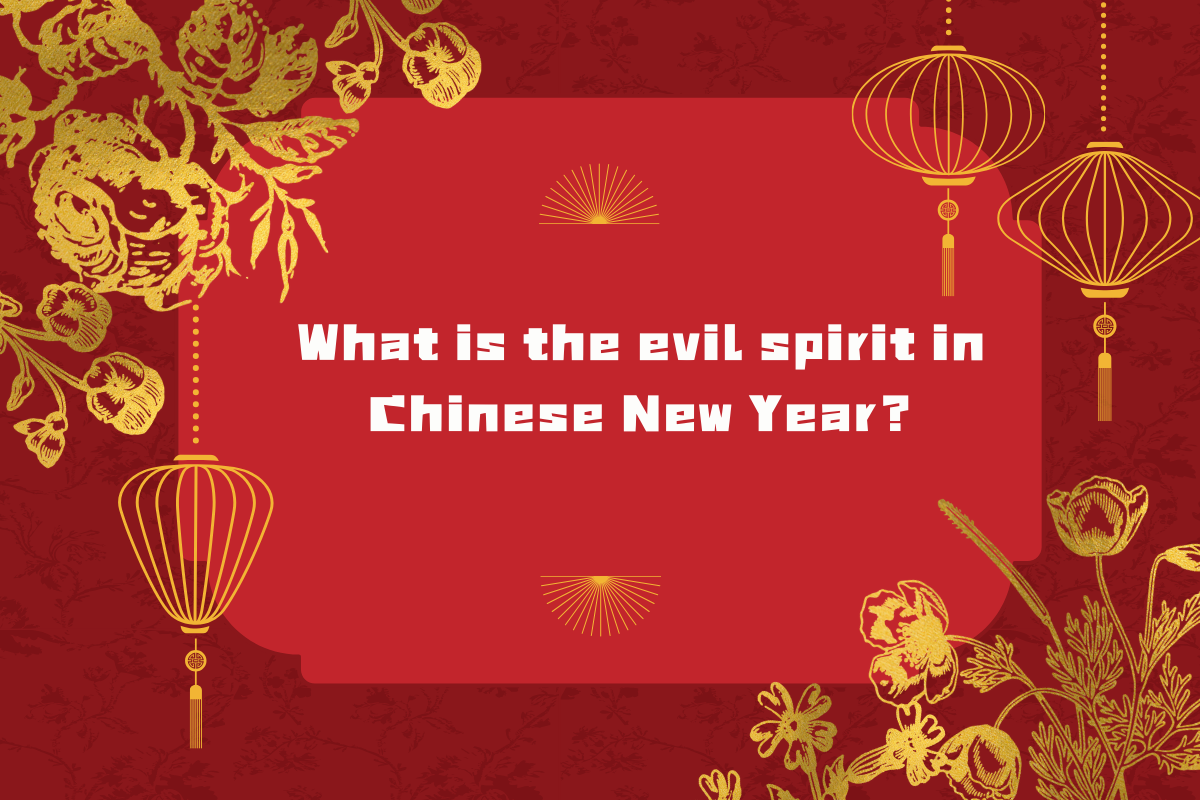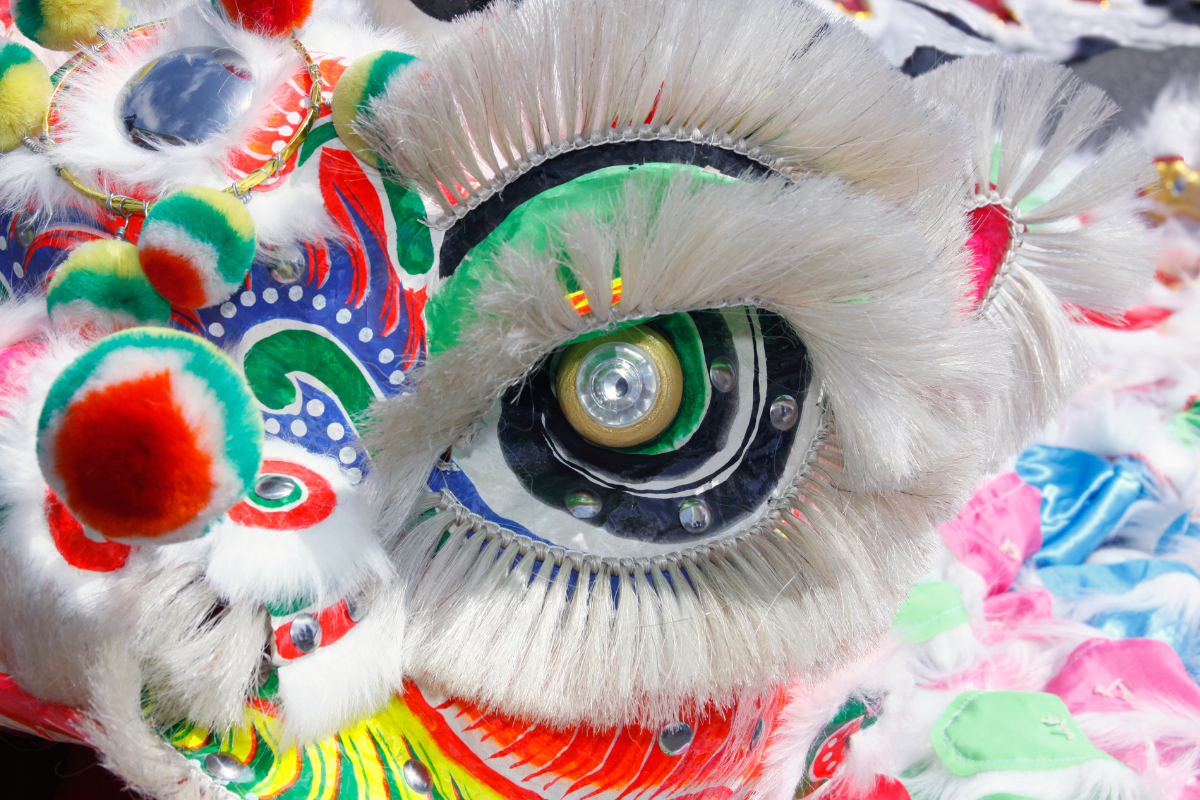What is the Evil Spirit in Chinese New Year?
Chinese New Year, a time of joyous celebration and cherished traditions, is also steeped in folklore and legends. Amidst the vibrant festivities, there lurks a tale of an evil spirit that roams the earth during this auspicious time. Today we delve into the legend of the evil spirit in Chinese New Year, unraveling its origins and significance in the cultural tapestry of the holiday.

The Legend of Nian (年 - Nián)
According to ancient Chinese mythology, there once lived a terrifying 可怕 (kě pà) beast known as Nian. This ferocious creature would emerge from its hiding place every Chinese New Year's Eve to wreak havoc on villages, devouring livestock, crops, and even people. The mere mention of its name struck fear into the hearts of all.
可怕 (kě pà),adj, terrifying
Examples:
- This movie has a terrifying monster.
这个电影里有一个可怕的怪物。
Zhège diànyǐng lǐ yǒu yīgè kěpà de guàiwù. - The forest at night looks very terrifying.
夜晚的森林看起来很可怕。
Yèwǎn de sēnlín kàn qǐlái hěn kěpà.
Protective Rituals and Symbols
To ward off Nian's malevolent presence, ancient Chinese devised various protective rituals and symbols. They hung red banners and scrolls adorned with auspicious phrases such as "福" (Fú - Blessing) and "平安" (Píng'ān - Peace), believing that the color red and positive symbols would repel the evil spirit.

The Tradition of Firecrackers and Lion Dances
Firecrackers and Lion Dances are integral parts of Chinese New Year celebrations, originating from the legend of Nian. It was believed that the loud noises of firecrackers and the fierce appearance of lion dancers scared away the beast, ensuring the safety 安全 (ān quán) and prosperity of the community.
安全 (ān quán), noun, safety
Examples:
- We need to ensure the safety of the children.
我们要确保孩子的安全。
Wǒmen yào quèbǎo háizi de ānquán. - Safety is the most important.
安全是最重要的。
Ānquán shì zuì zhòngyào de.
Modern Interpretations
While the legend of Nian has evolved over time, its symbolism remains ingrained in Chinese New Year traditions. Today, people continue to set off firecrackers, display red decorations, and perform lion dances to honor their ancestors and ward off any lingering negative energies.
- Dad, have you heard of the Year Beast?
爸爸,你听说过年兽吗?
Bàba, nǐ tīng shuō guò Niánshòu ma? - Yes, the Year Beast is said to be a very fierce monster.
是的,年兽据说是一个非常凶恶的怪兽。
Shì de, Niánshòu jùshuō shì yīgè fēicháng xiōng'è de guàiwù. - I'm not afraid of the Year Beast, because I heard that setting off firecrackers can scare it away.
我不怕年兽,因为我听说放鞭炮可以把它吓跑。
Wǒ bù pà Niánshòu, yīnwèi wǒ tīng shuō fàng biānpào kěyǐ bǎ tā xià pǎo.
Have you ever heard of the origin of Chinese New Year? Do you believe it?
Related Articles
- What Decorations are Used at Chinese New Year?
- Best Traditional Chinese New Year Activities (Part Three)
- Best Traditional Chinese New Year Activities (Part Two)
- Best Traditional Chinese New Year Activities (Part One)
- Chinese Red Packet Tradition: Traditional Blessings and Festivities
- The Dining Traditions and Symbolism of Chinese New Year that You must Know
- A Taste of Tradition: Comparing Northern and Southern Chinese New Year Feasts
- Lucky Food in Chinese New Year